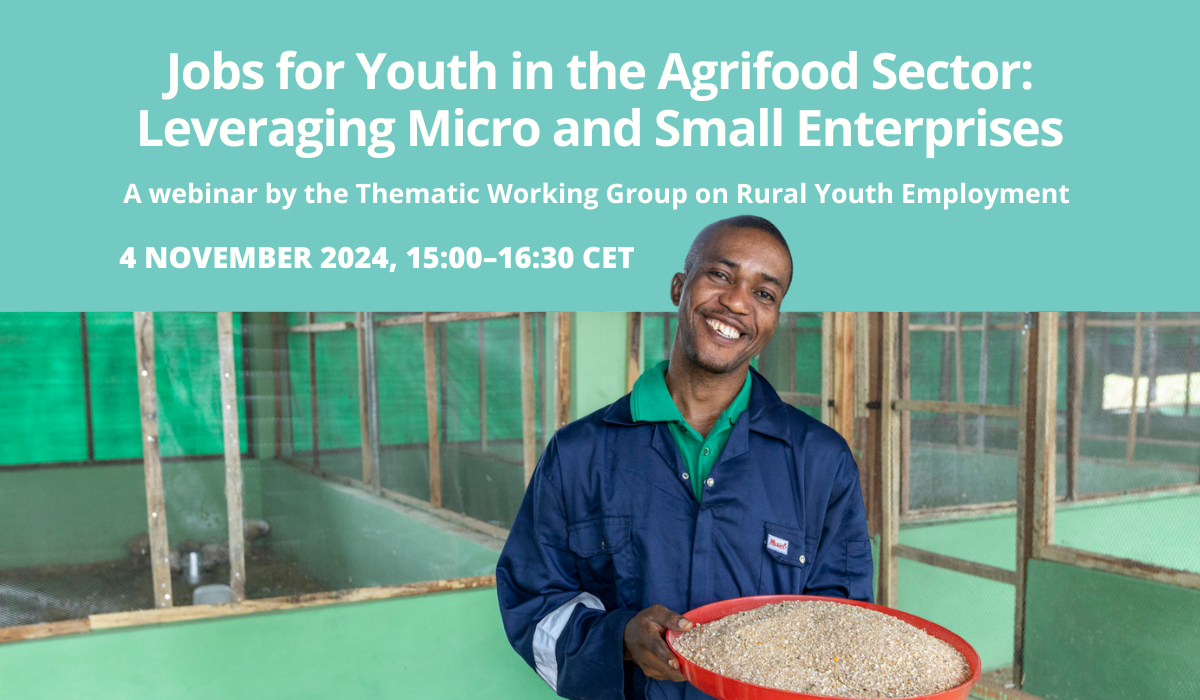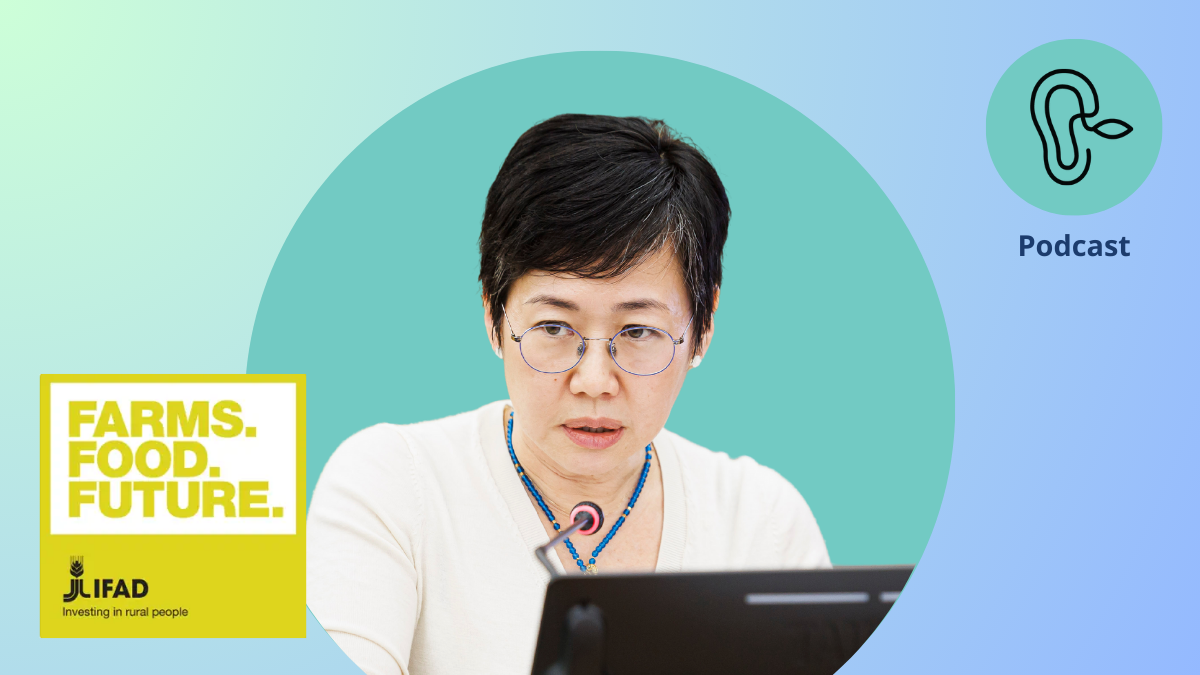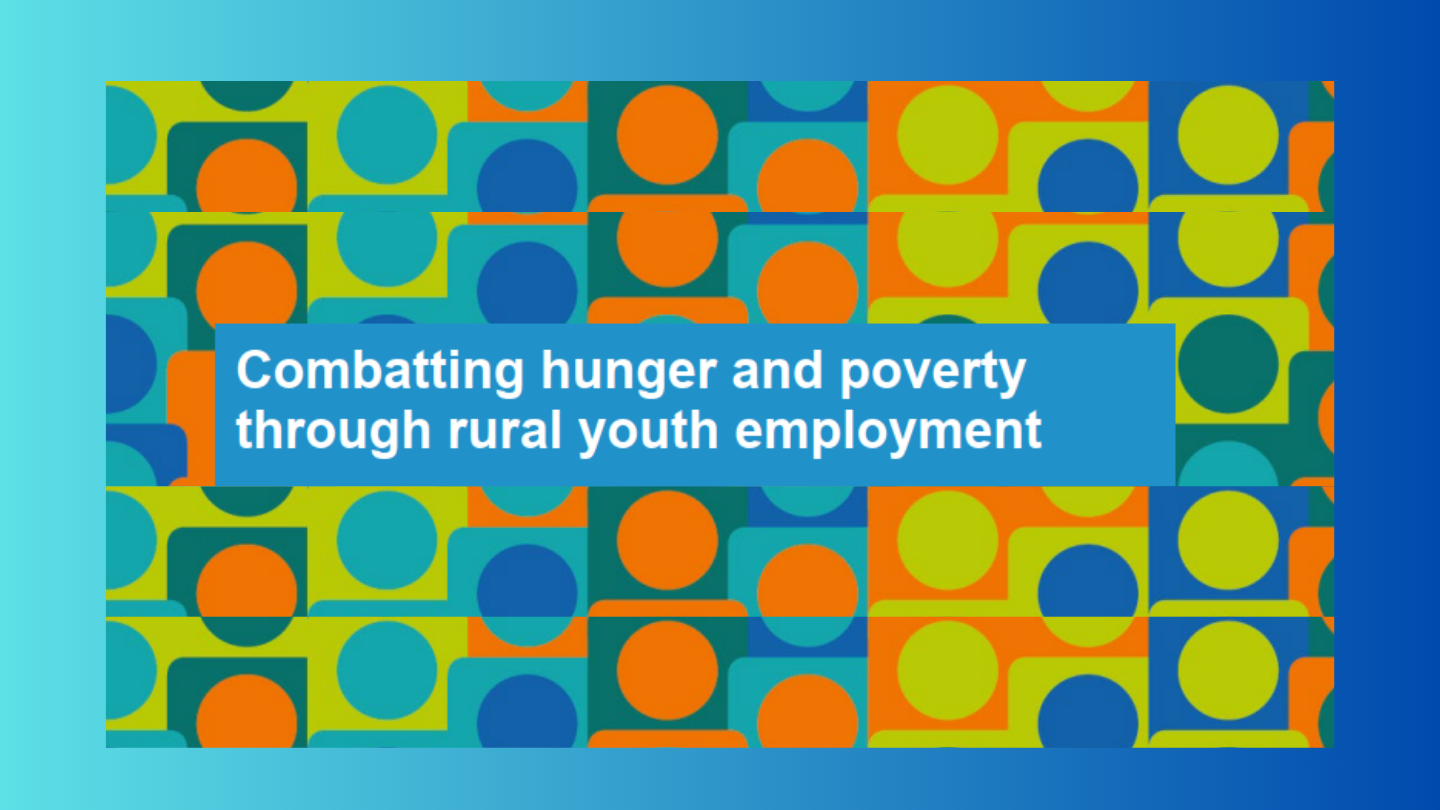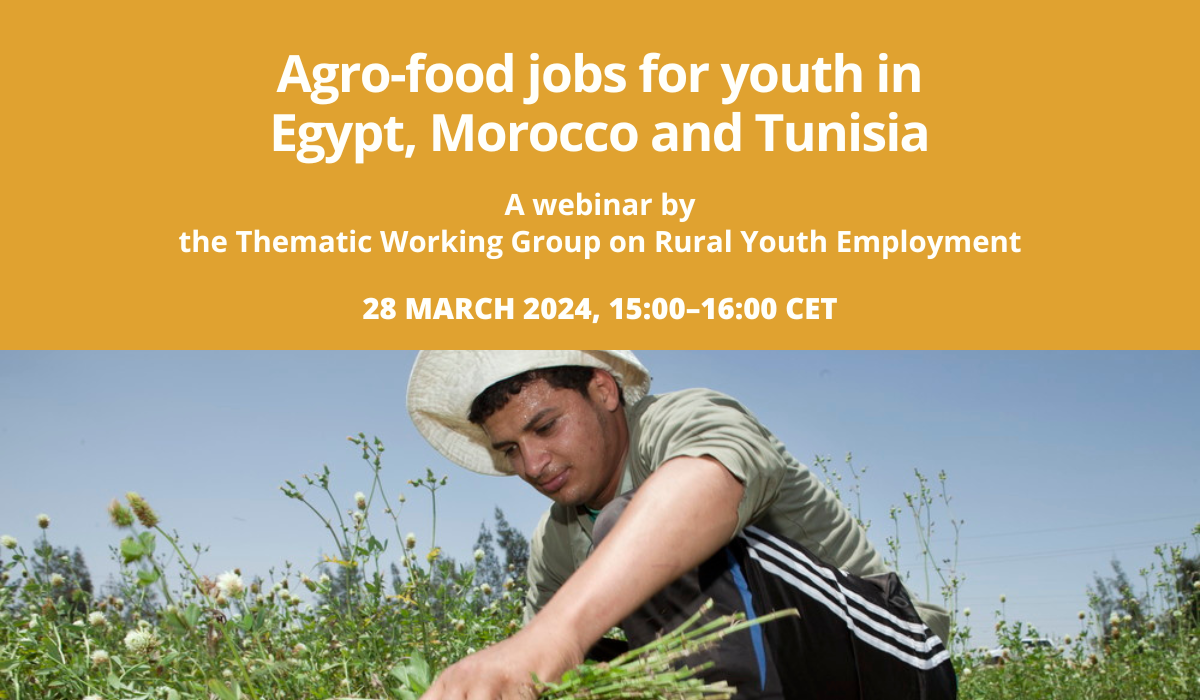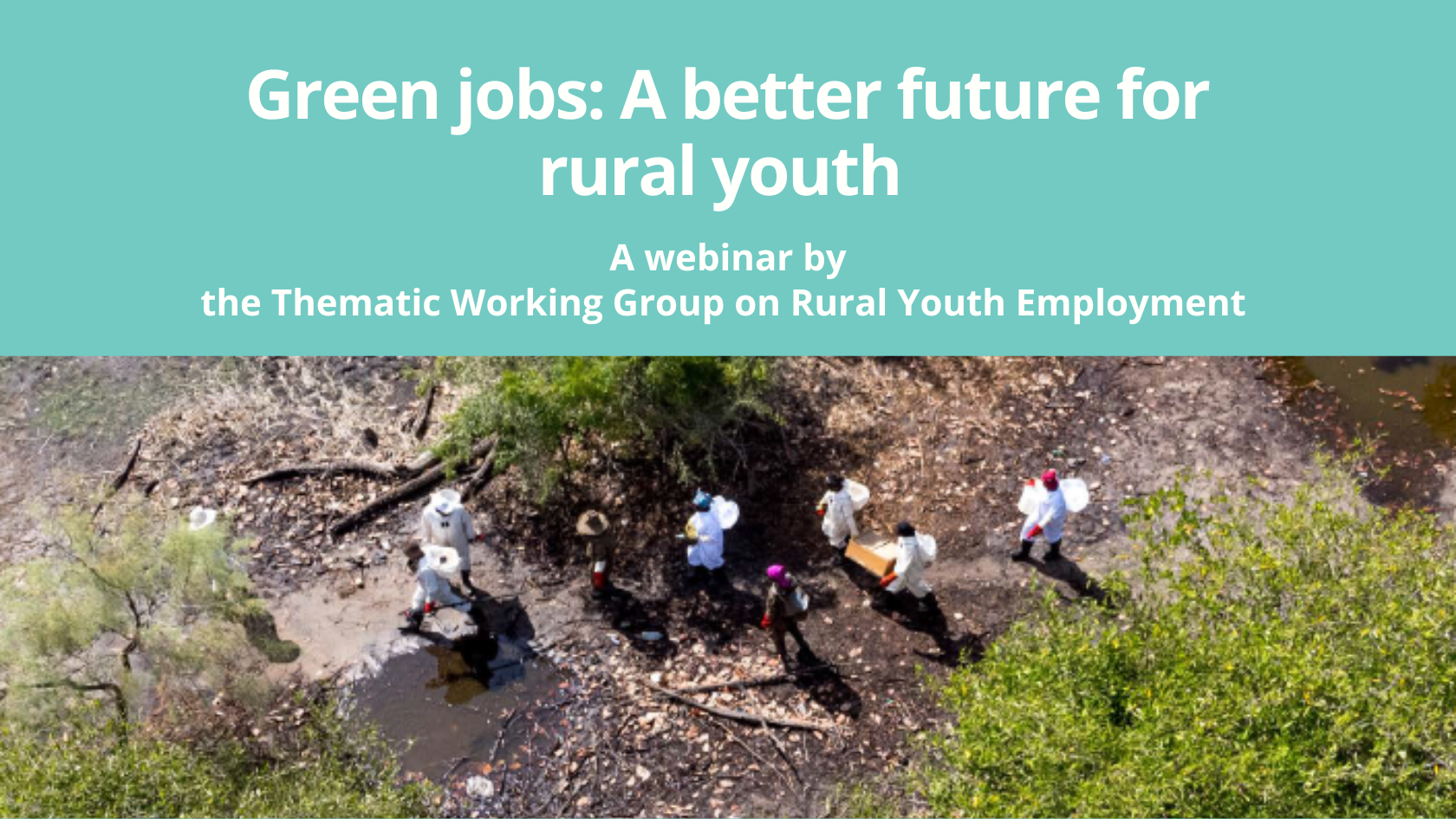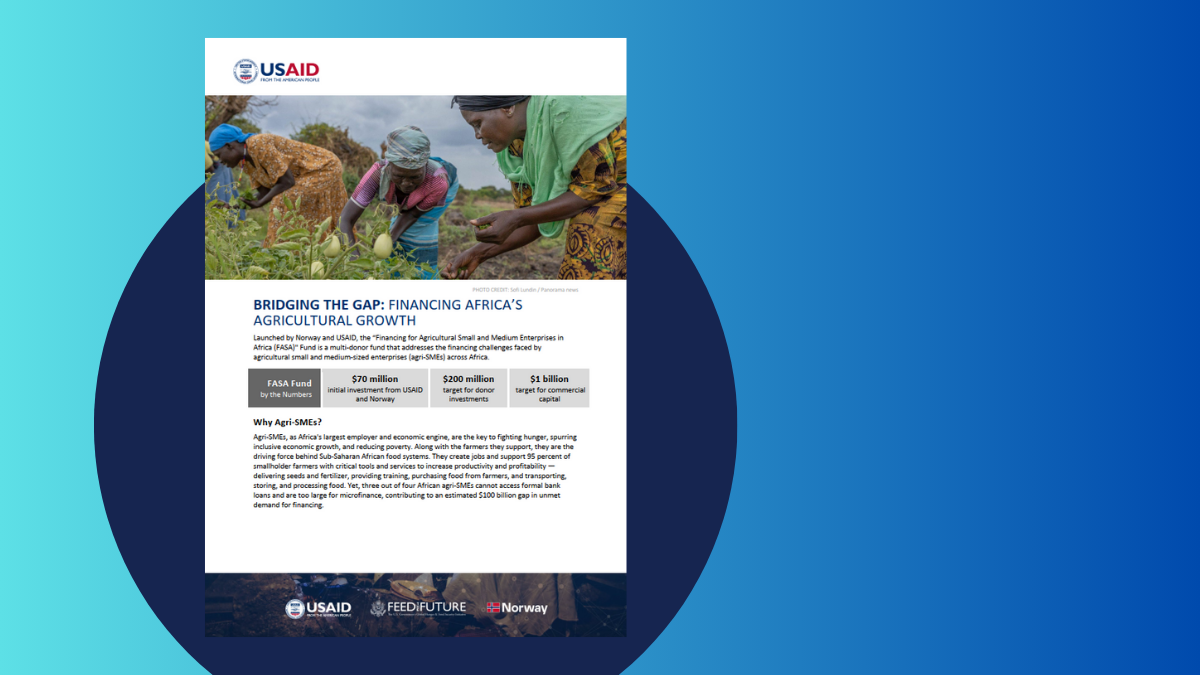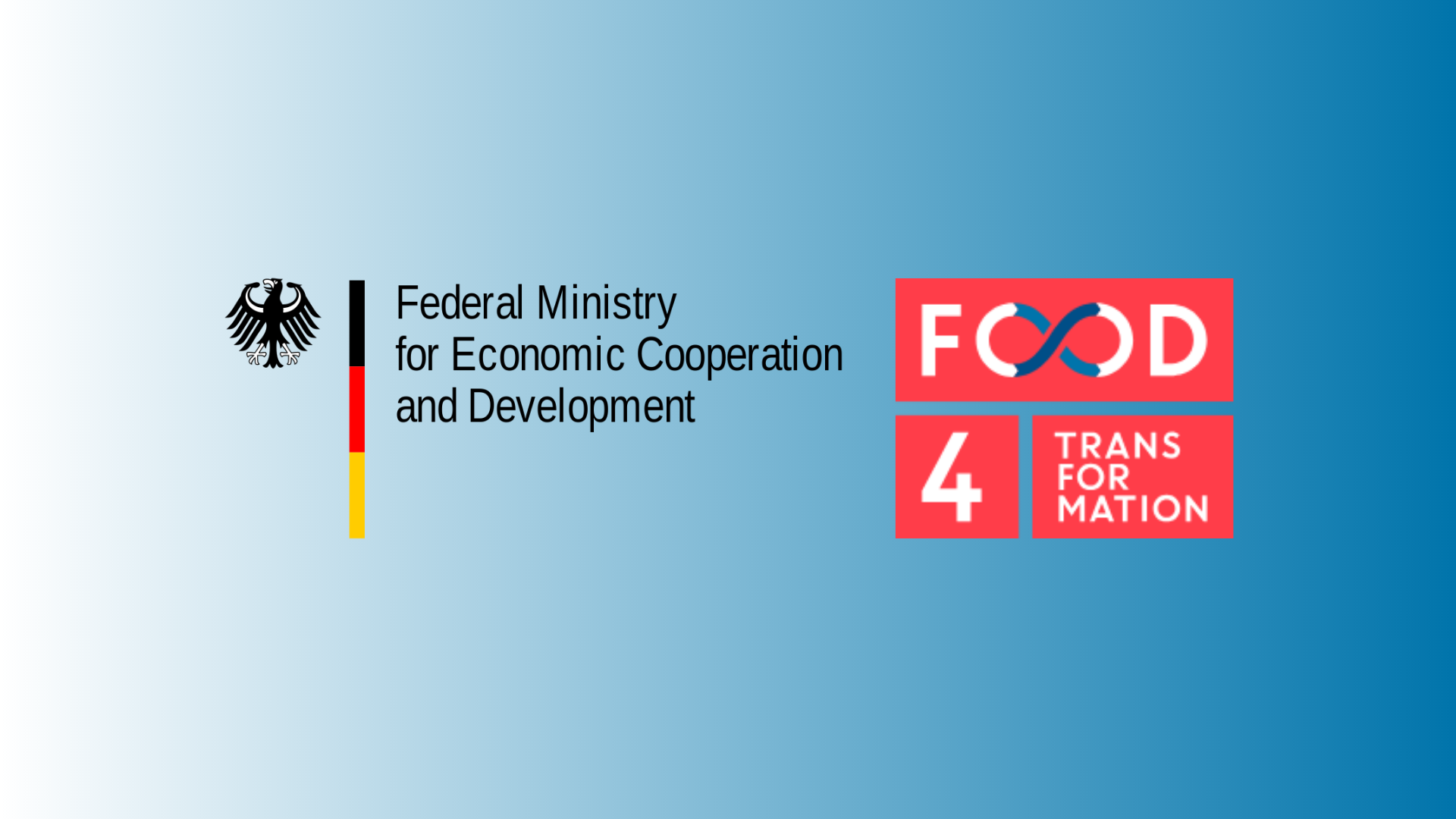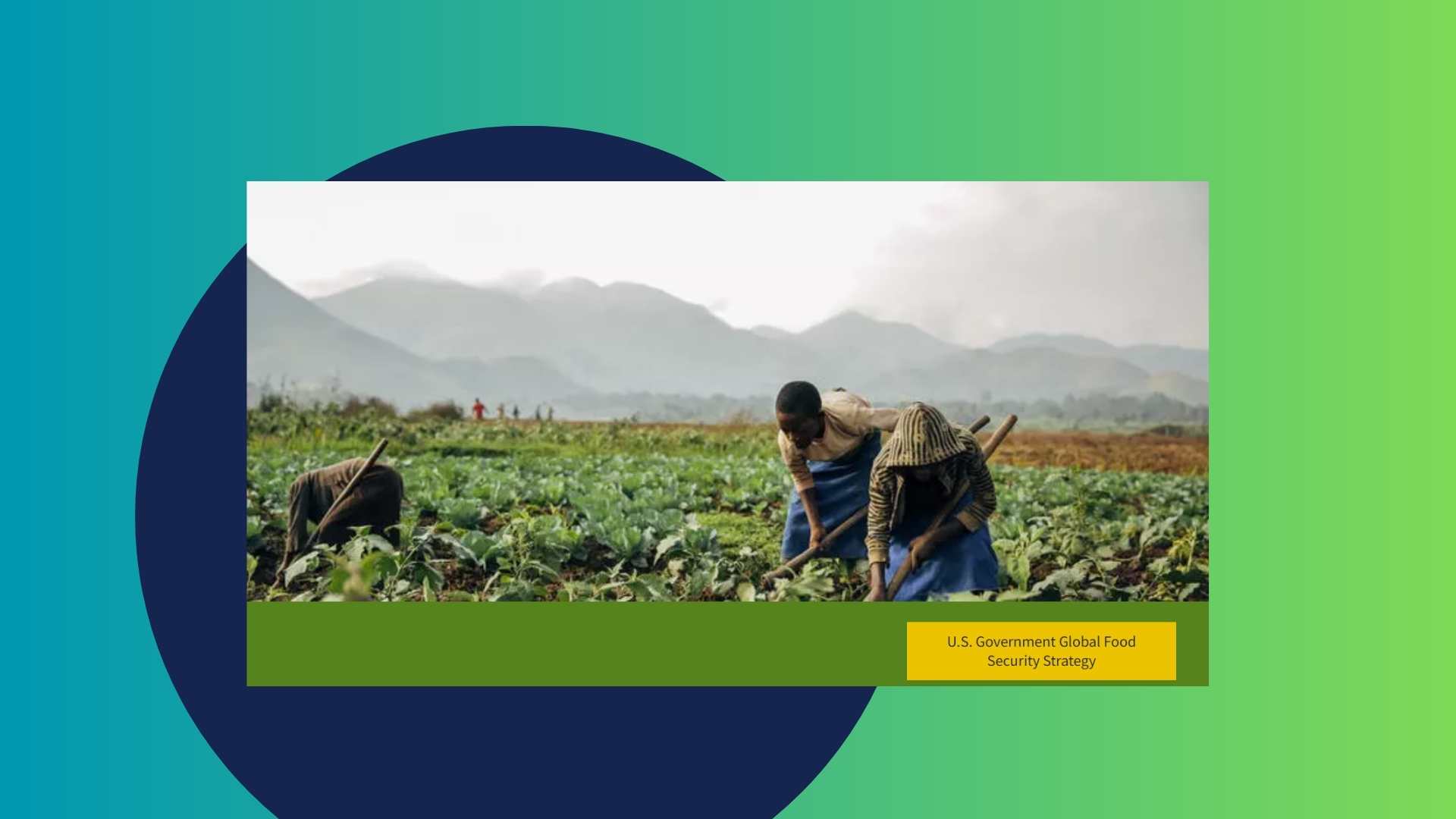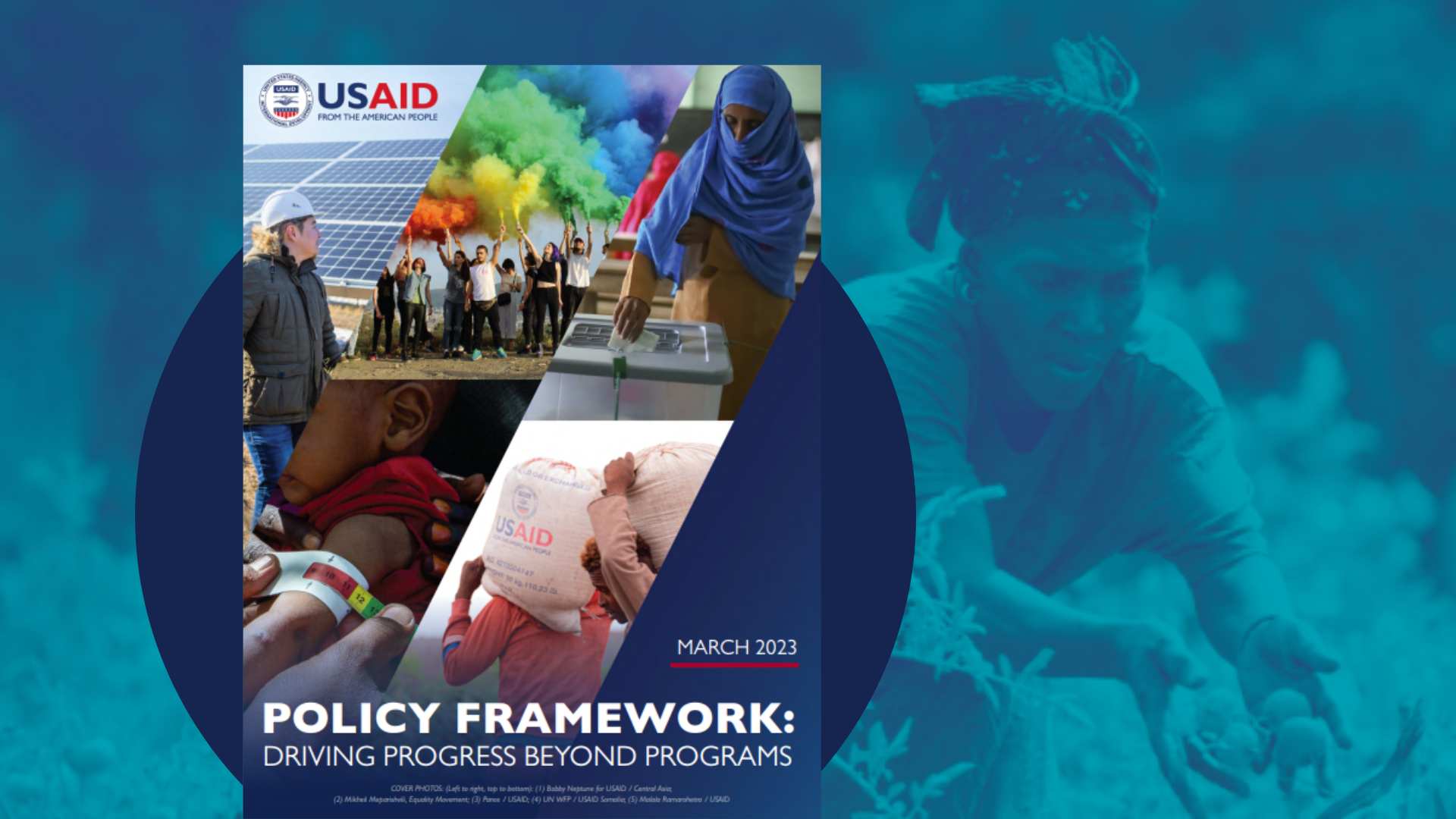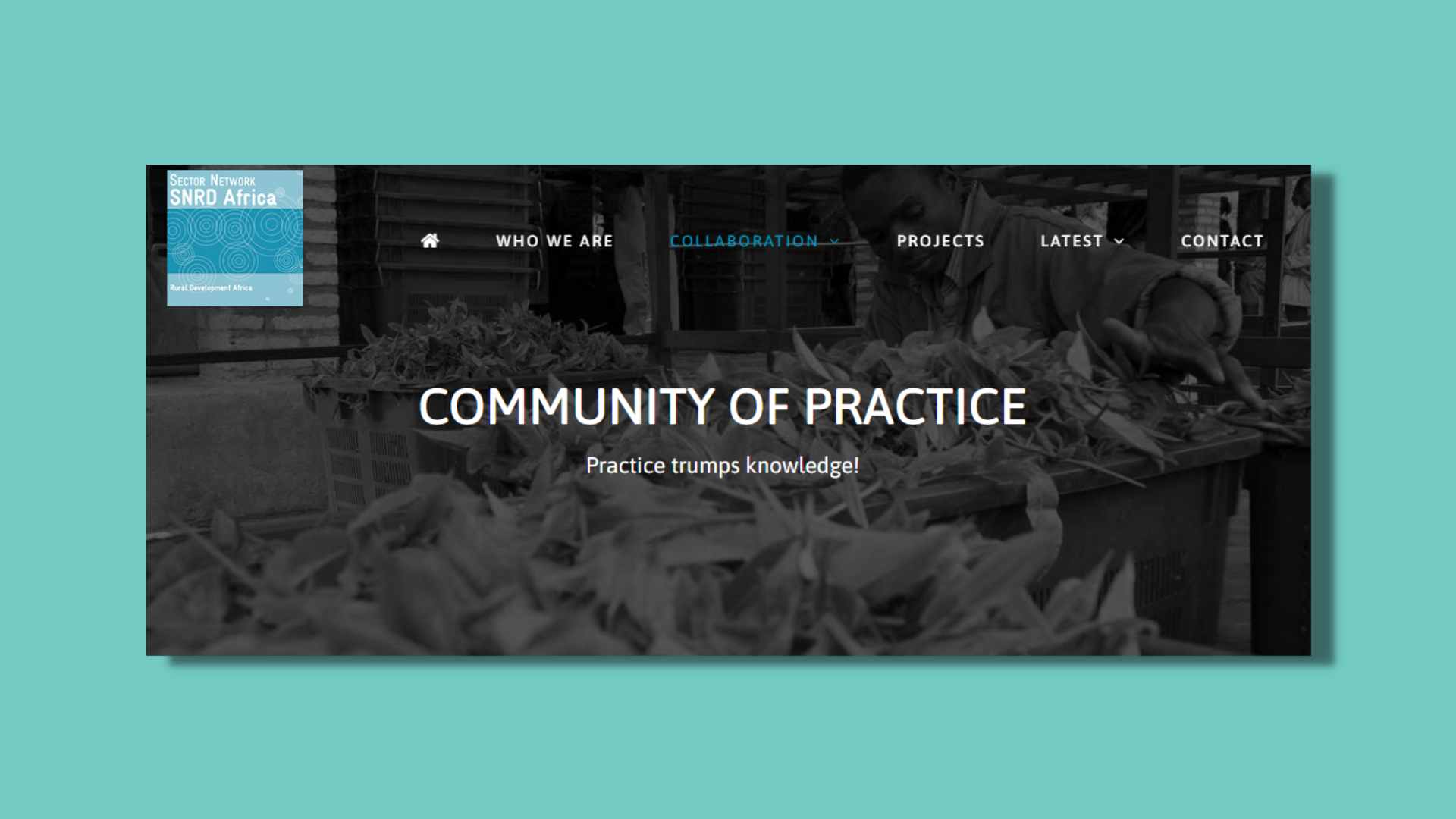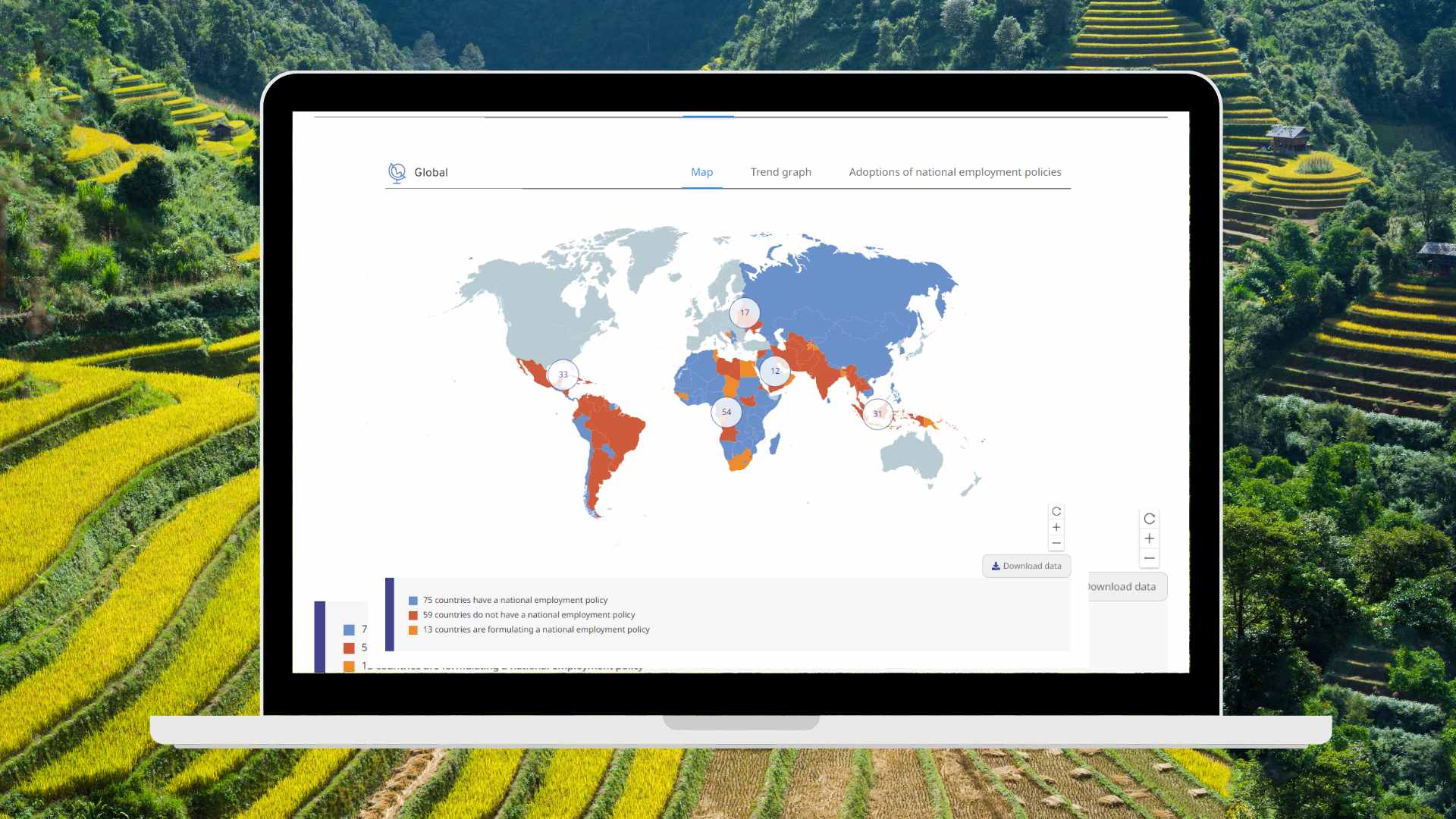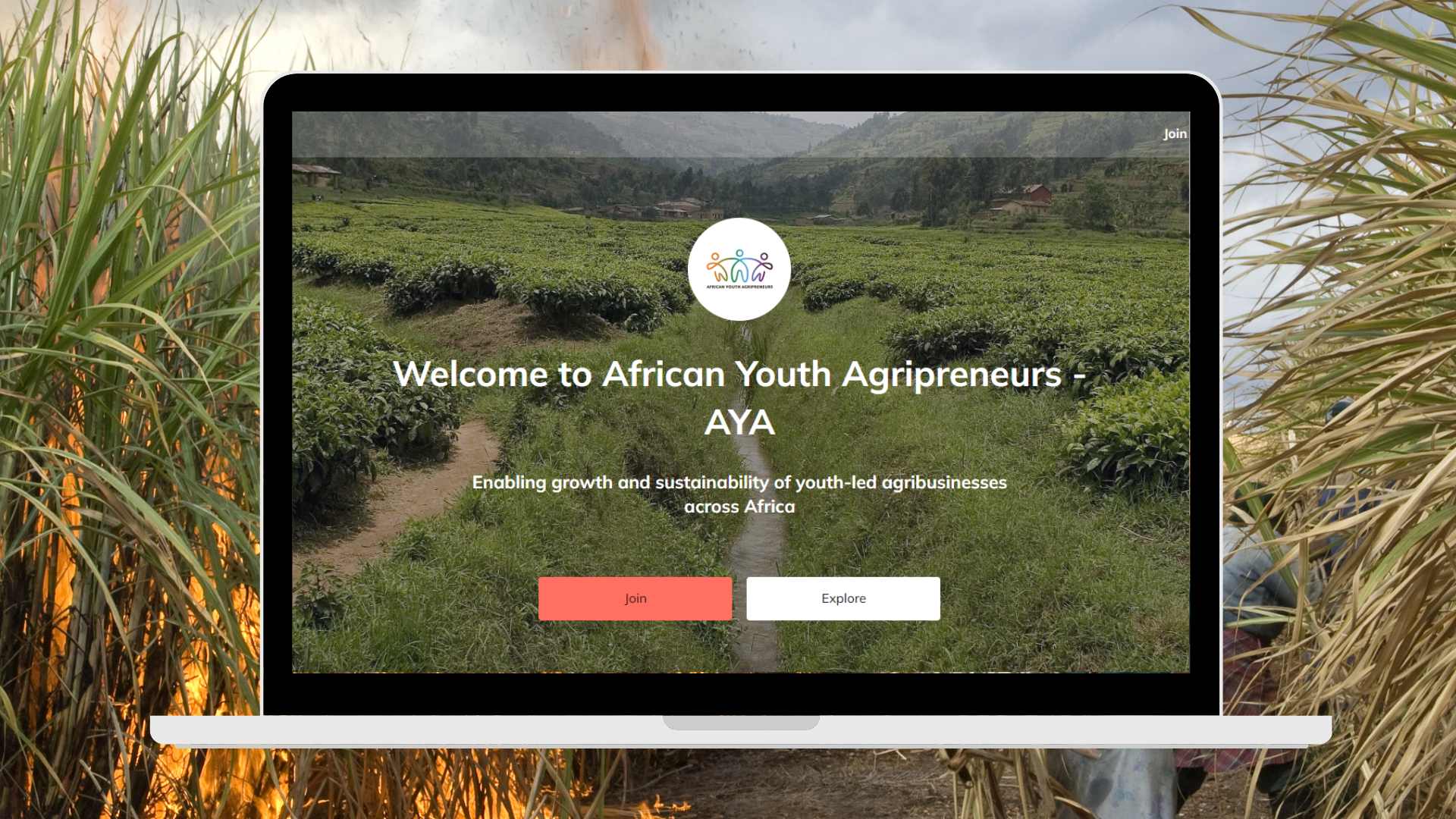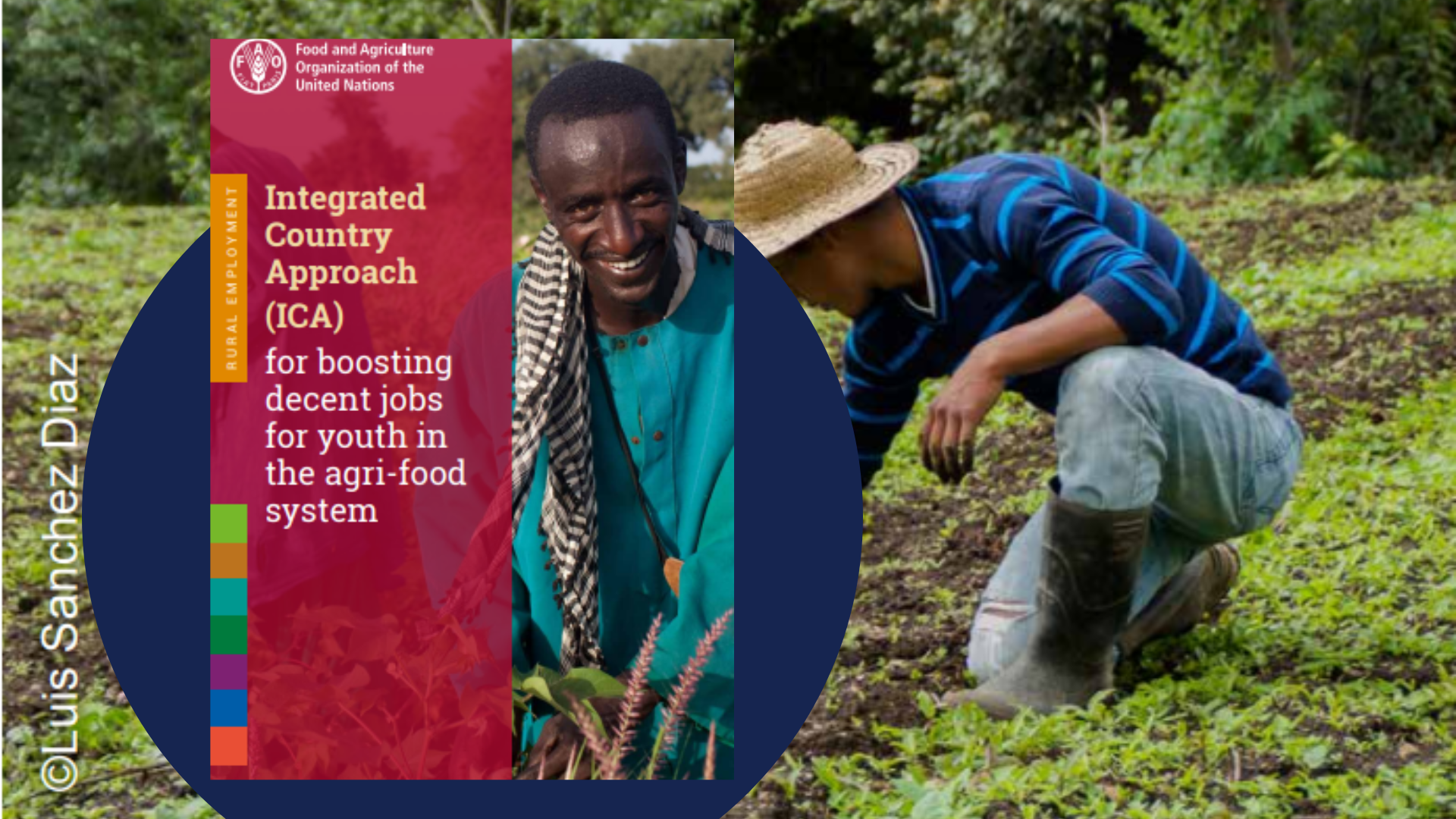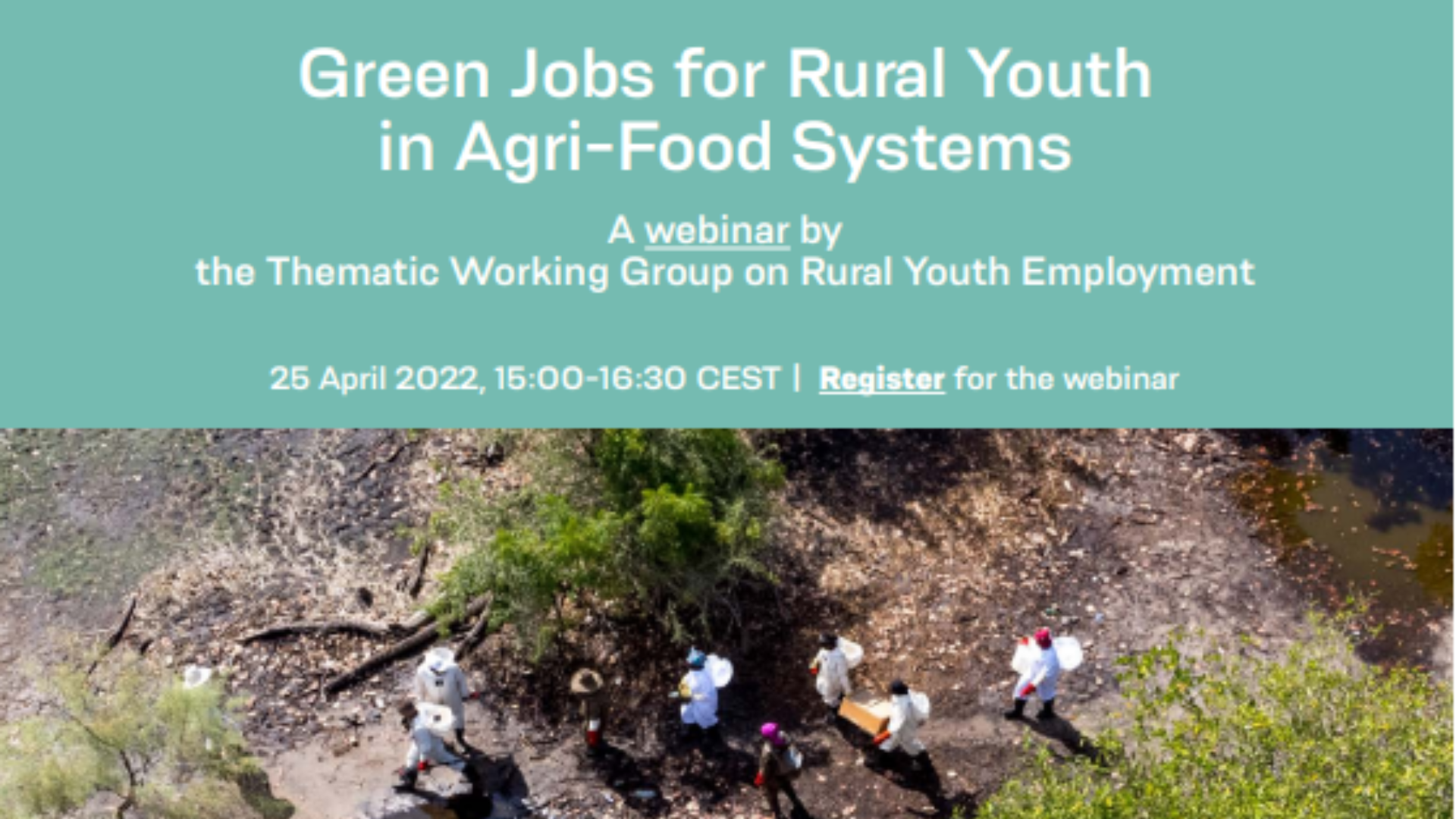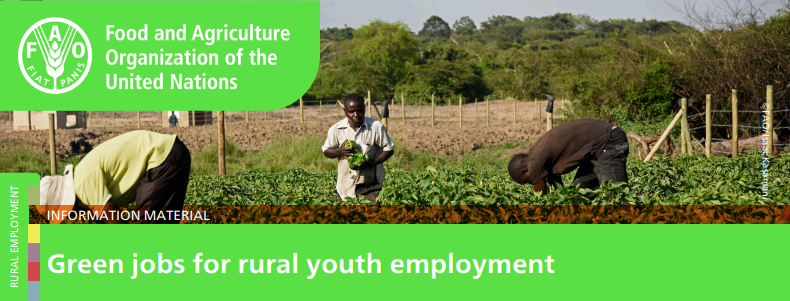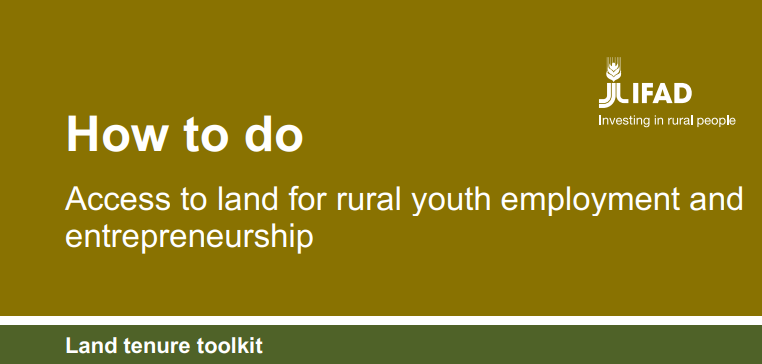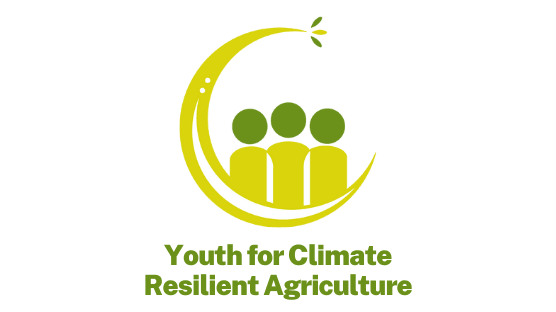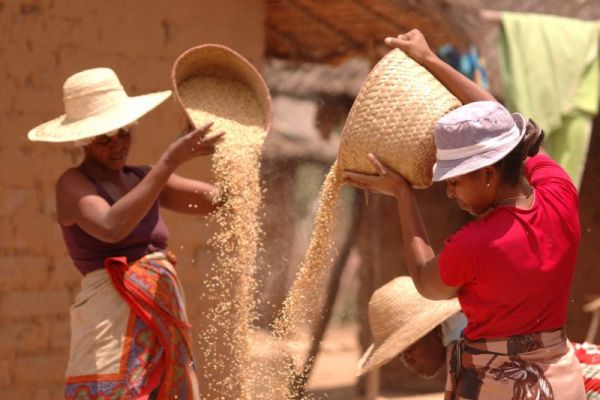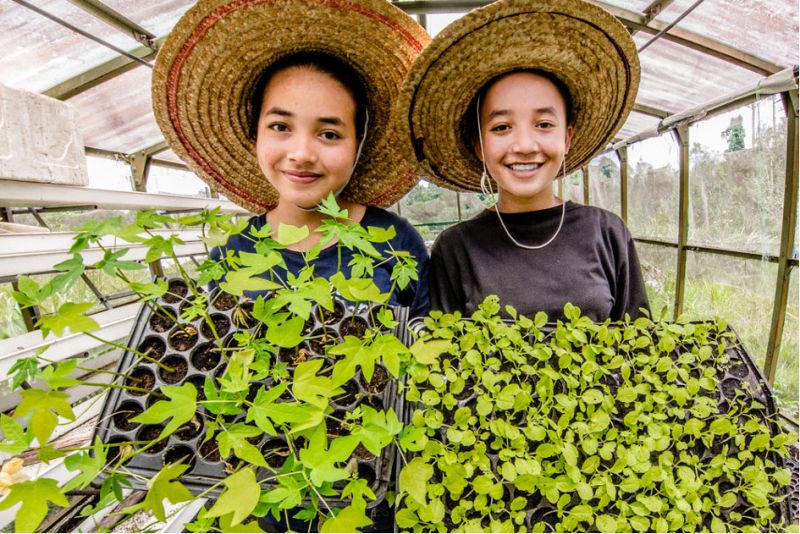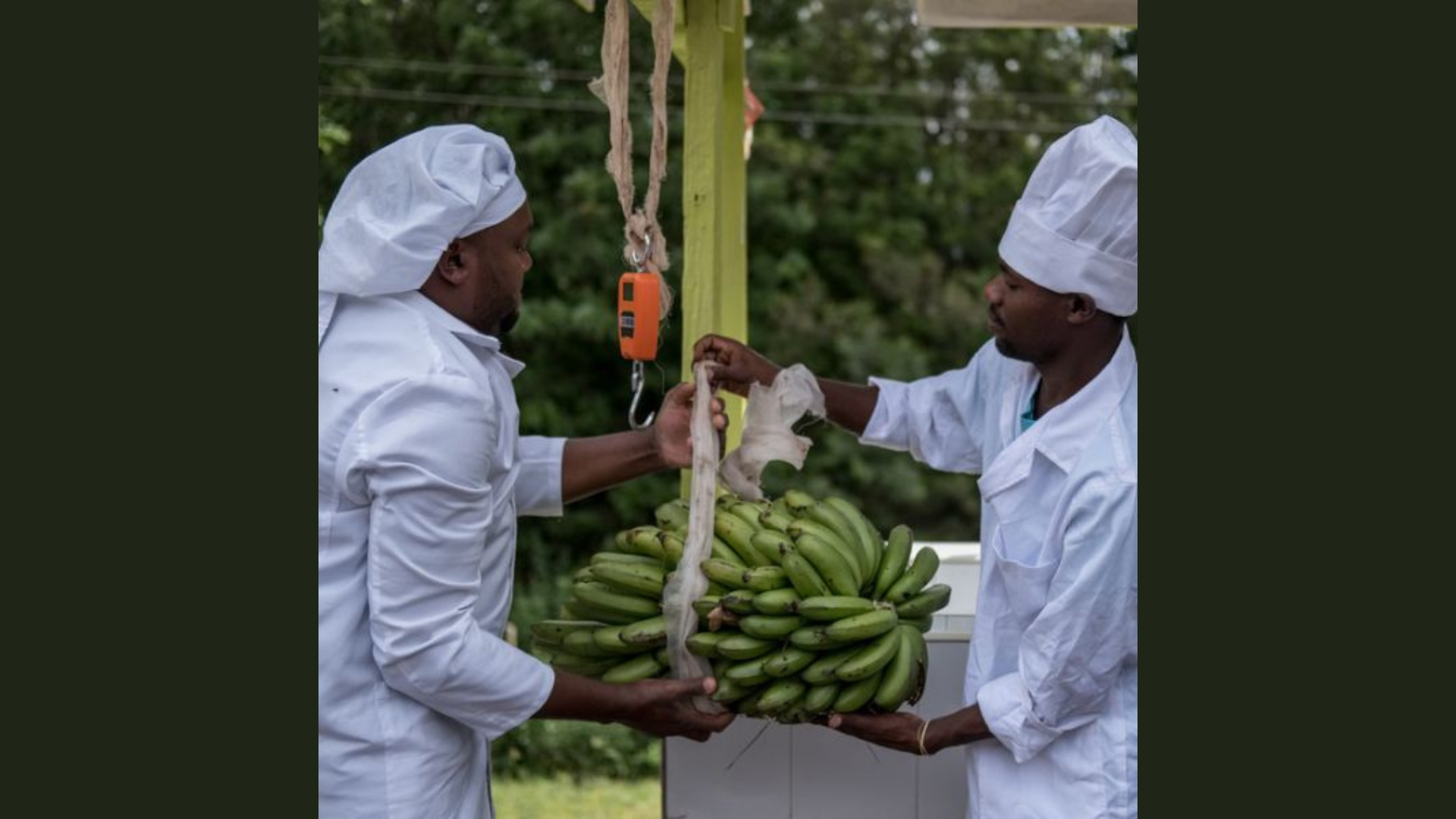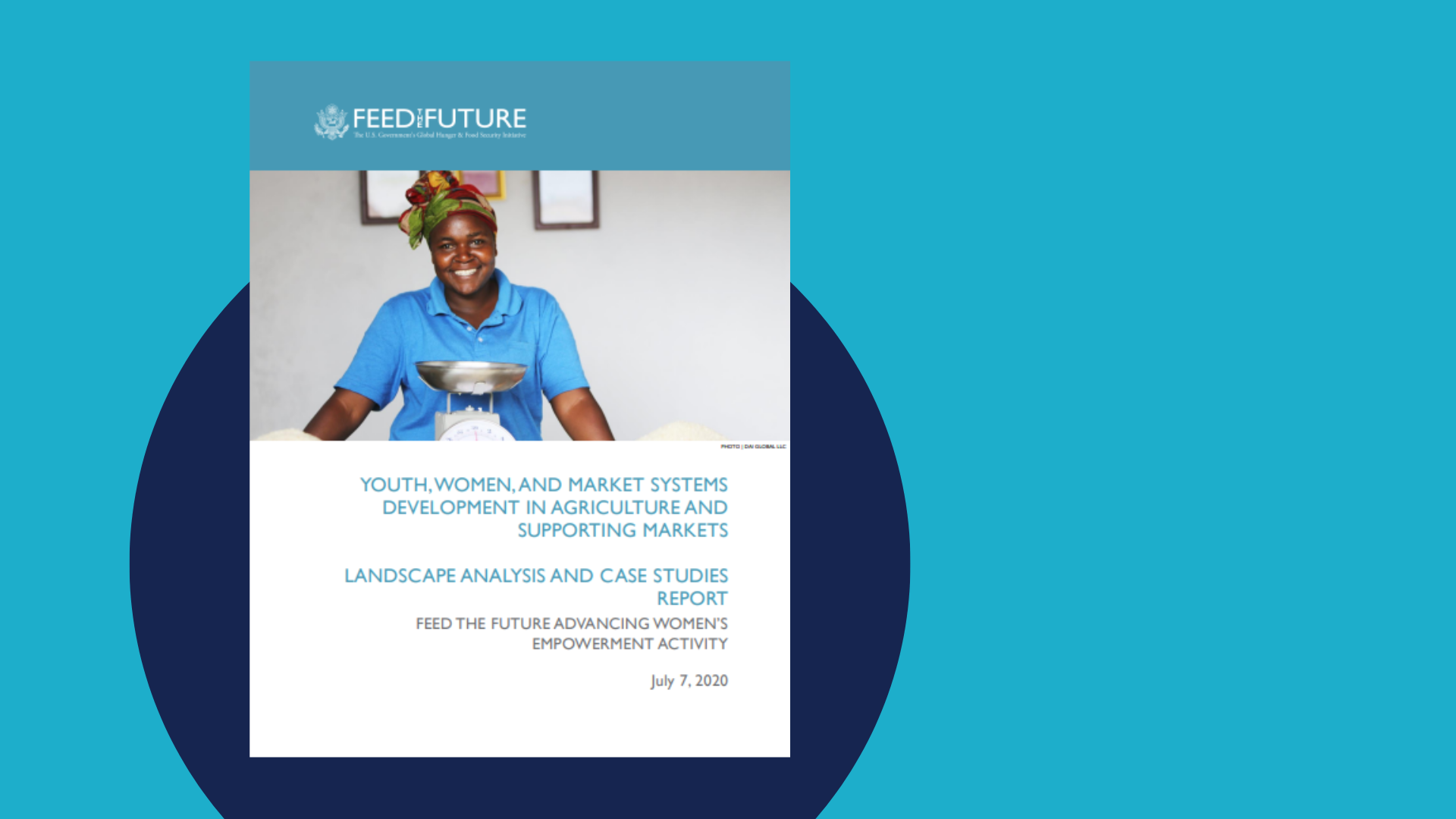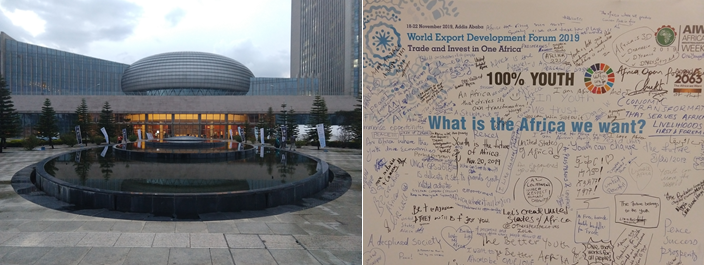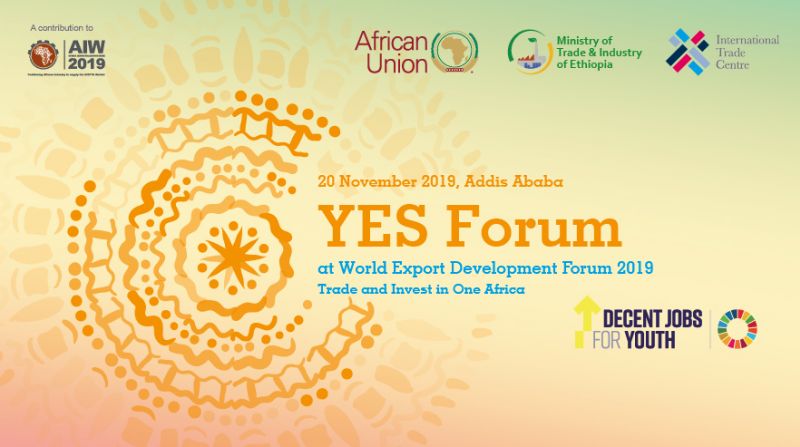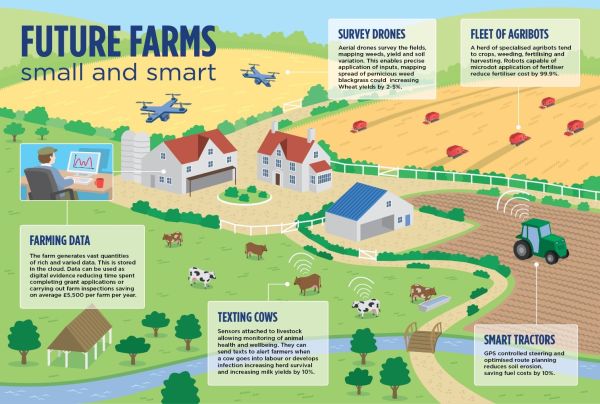In the face of multiple crises, COVID-19, climate change, conflicts, youth bulge, and now the war in Ukraine, which is severely impacting the food security in Africa, it is more than ever urgent to create decent employment and income opportunities in agribusiness for young people in rural areas in Africa. This will reduce poverty, improve food security and build the resilience of the continent.
Download

It is in this context that the African Union has launched the African Agribusiness Youth Strategy (AAYS). The AAYS provides a continental framework which addresses the challenges above by creating an enabling environment for youth entrepreneurship and youth employment in agribusiness.
The strategy will now serve AU Member States as a reference tool to integrate Youth Agribusiness into National Agriculture Investment Plans, Youth Employment Strategies, Entrepreneurship Development Plans and more. The AAYS is not designed to be copied and pasted as a blueprint, but rather to serve as a framework to develop and implement agribusiness and employment strategies for and with youth coherently across the continent. Establishing coherence with other strategies and initiatives like the “national pathways” formulated within the UNFSS process will be of particular importance.
The AAYS was developed in an inclusive consultation process since 2020 with young women and men, agripreneurs, farmers’ organizations, governments, policy makers, private sector enterprises and development partners, including members of the TWG RYE that had the privilege to work with the African Union Commission and contributed their perspective and rich experience.
The strategy was launched on 25 October 2022 during the International Young Farmers Summit in Kigali/Rwanda where a wide range of policymakers, youth representatives, business managers, and development practitioners also discussed the best strategies, mechanisms, and systems to implement the AAYS.

What the AAYS is about…
The AAYS situates the empowerment of young agripreneurs as the fulcrum of the strategy. It aims to ensure that young people have the knowledge and the skills to participate in policy discourse and decision-making.
Upon this fulcrum, rest the three pillars of the strategy:
- Building Systems for Implementation – Developing the institutional leadership, policies, data collection and knowledge management to drive the strategy implementation at national and subnational levels.
- Transformation Markets – Changing the way markets are viewed and developed to give young agripreneurs better access and to make them a viable commercial space that young agripreneurs can benefit from.
- Strengthening Value Chains – Making value chains more youth-friendly and youth-centred and improving young agripreneurs access to land, equipment, skills and finance.

The three pillars are to be implemented in a context-specific manner building on local potential, while continuously integrating three cross-cutting elements:


